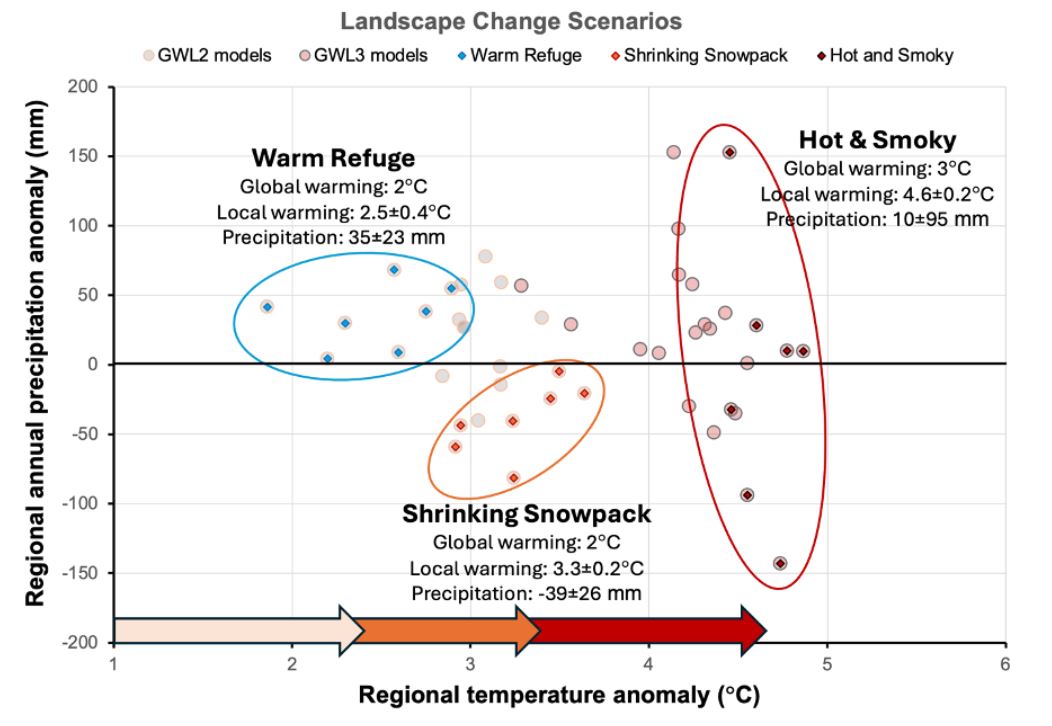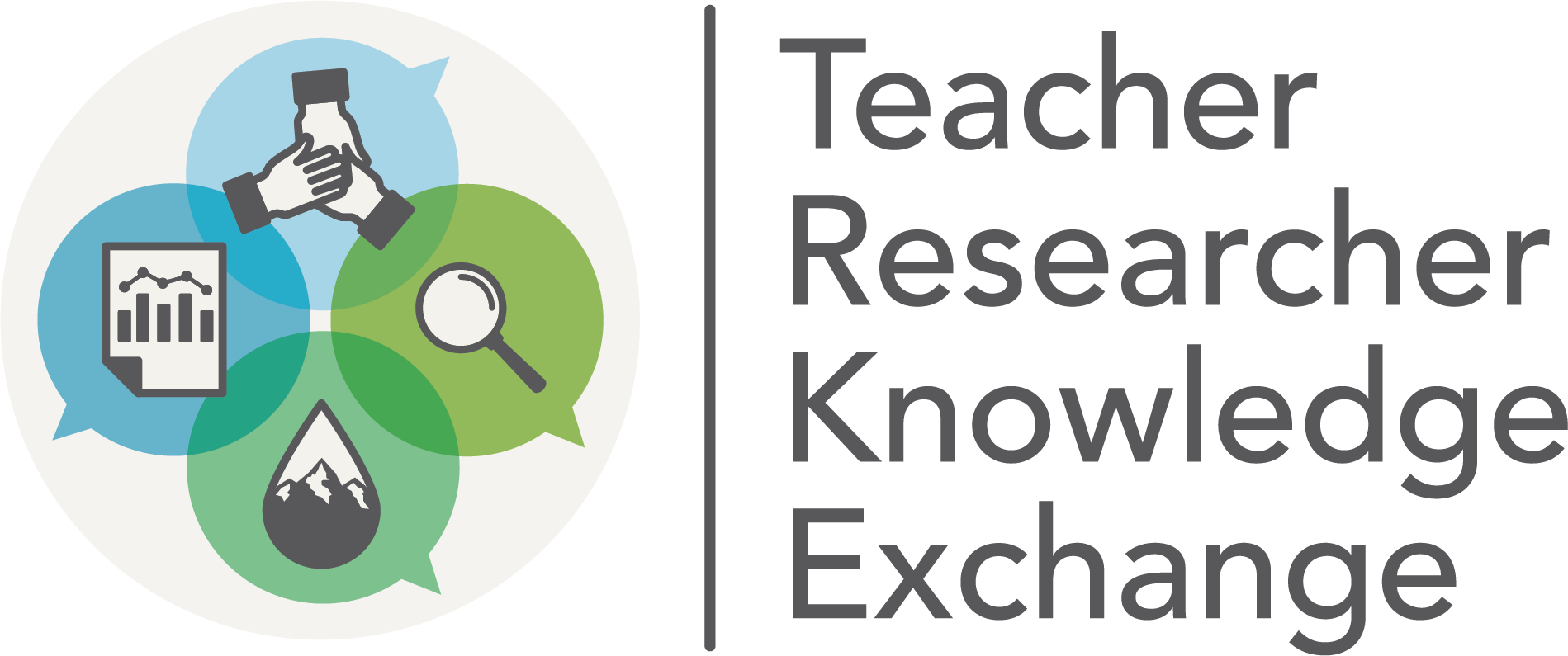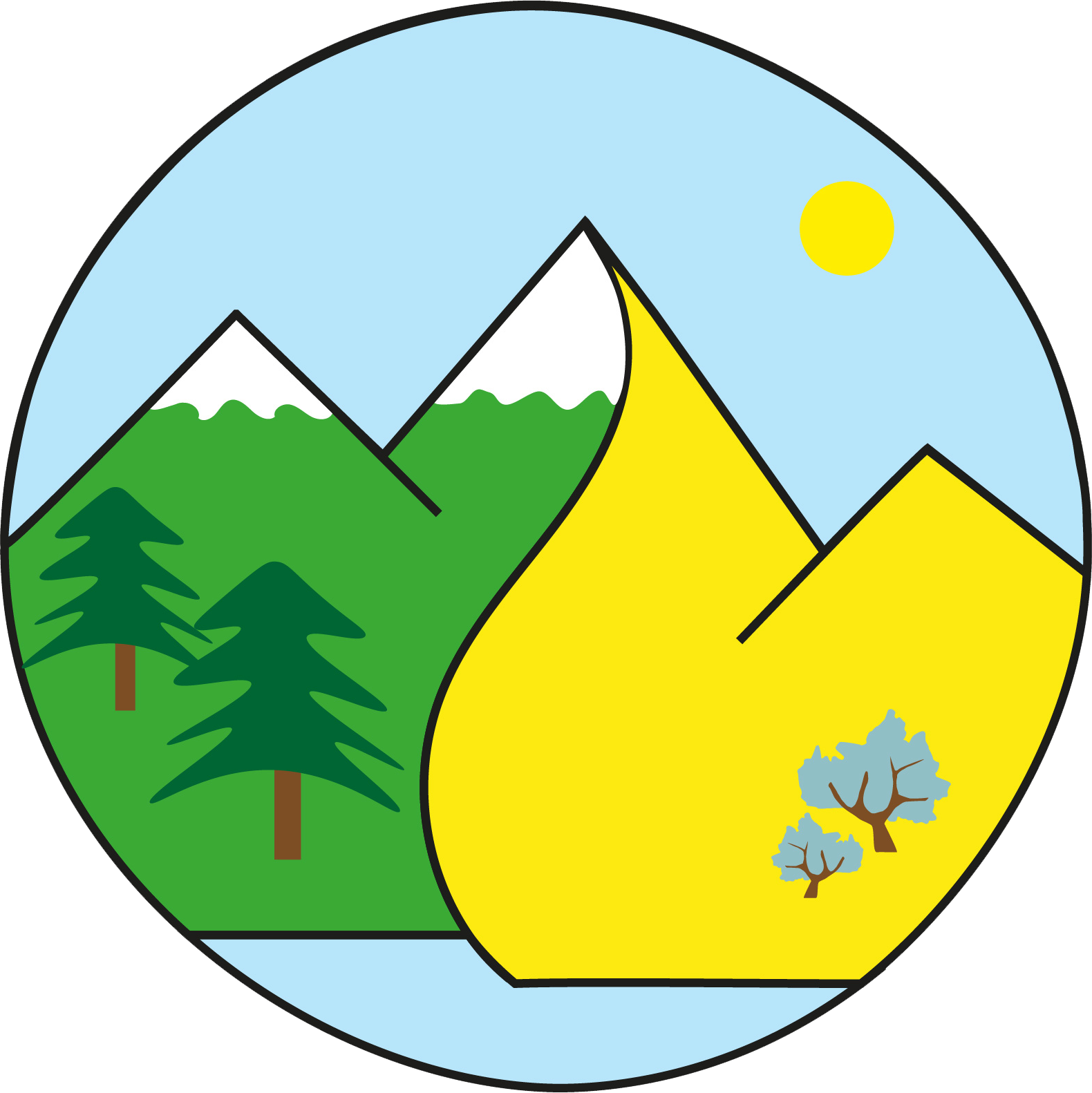This breakout activity invites students to engage with three future scenario narratives to explore how storytelling can illuminate uncertainty in climate adaptation planning. Through discussion and reflection, learners consider how different futures can facilitate decision-making and make complex uncertainty more approachable and actionable.

Scenario Planning and Uncertainty
Explore Uncertainty Through Scenario Planning
Tags: Uncertainty in Science K-12 Education ClassroomLearning Virtual Sessions
Posted on April 05, 2025
Problem the Tool Solves
The future is a place we can never know. We cannot observe it, and we cannot measure it. So how do we make decisions about something that has not happened yet? Scenario planning offers another method science can help people navigate through these challenges. Instead of trying to minimize uncertainty, it helps people envision plausible futures grounded in climate science. By exploring multiple storylines, people can identify what matters most, what choices they might face, and how to stay flexible when things change.
Who the Tool is For
This activity is designed for community groups, educators, students, and decision-makers working on climate adaptation, especially those interested in science communication, participatory planning, or education across different groups of people.
Key Features
- Use narratives to make uncertainty more relatable
- Encourage collaborative exploration of complex topics
- Explore how storytelling can bridge gaps in understanding
How It Works
- Divide participants into small groups
- Each group reads through three scenario narratives, imagining different plausible futures based on
- Within each group, participants will identify and discuss "What kinds of uncertainty do these three narratives raise?" Groups will also be asked, "Are the scenario narratives helpful for communicating uncertainty? If so, how?"
- Each group will share their answers to these questions with the larger group.
Application in Classrooms
- Supports classroom activities focused on decision-making and planning
- Helps participants connect emotionally to abstract or scientific information
- Encourages thinking across multiple possible futures, not just one expected outcome
For Additional Resources on Uncertainty in Science Check Out these Other Posts:

